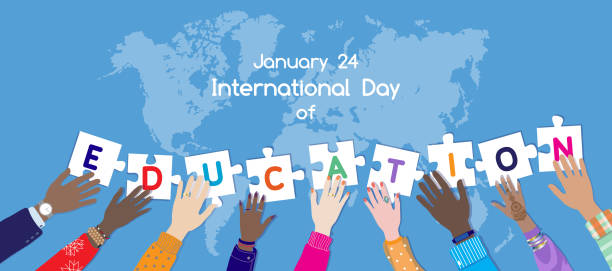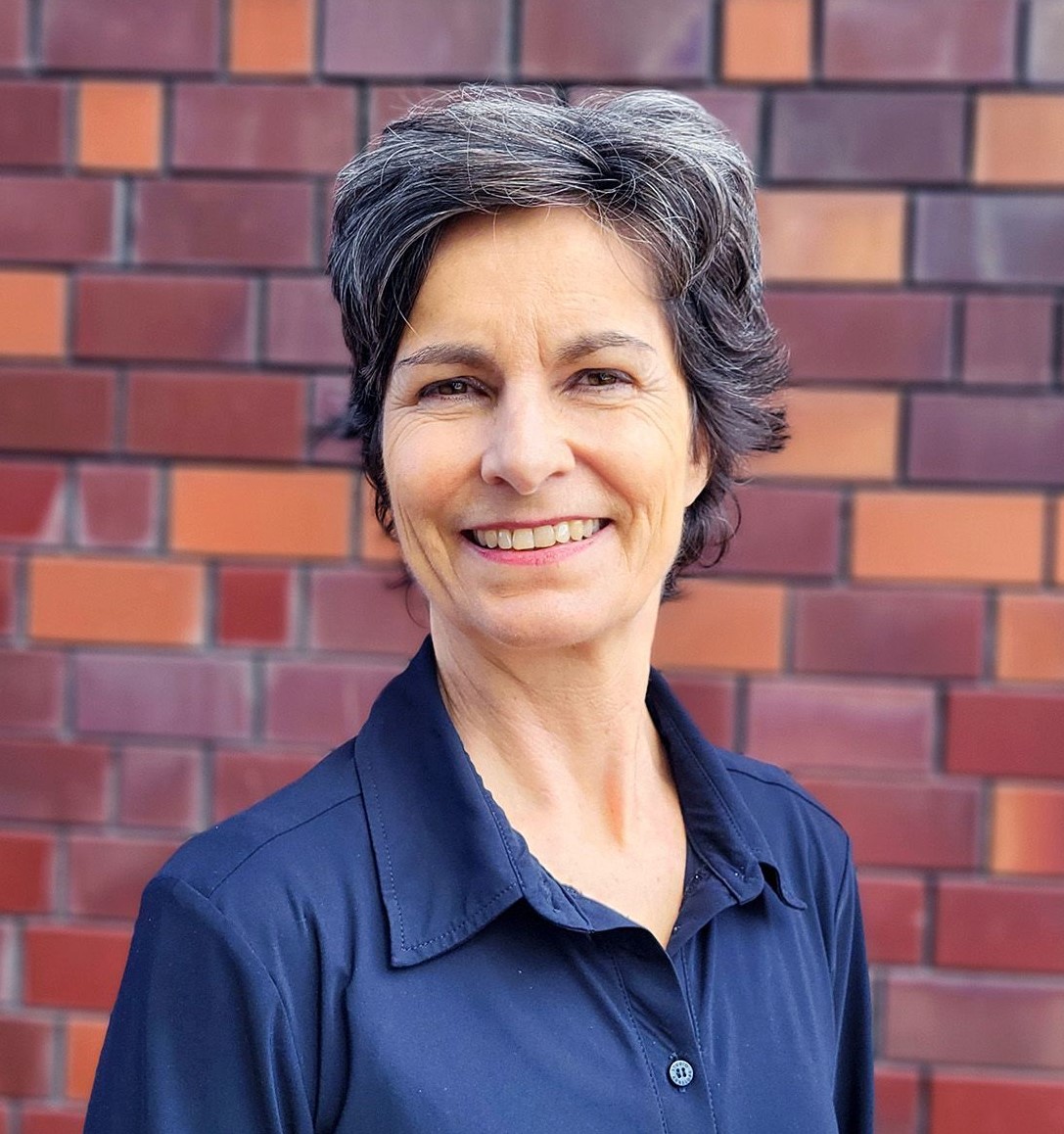

The 24th January 2024 is International Day of Education and so we are focusing on education this month. Education is an important issue in prisons for both the people living there and the staff working there. It is not surprising then that education and training are core to WEPHREN’s mission; capacity building for health is an important part of the network’s work.
Imprisoned people are often amongst the most marginalised in society and many have not completed their education. This is often for a variety of reasons related to adverse life circumstances. Recent statistics from the UK show that of about 57,000 imprisoned people assessed, 61% of maths and 57% of English initial assessment results were at the entry levels 1-3 [Prison Education Statistics April 2019 to March 2020]. This means that they had not attained the level of learning expected by of people aged 16 years old. Prison education and training is important for many reasons. Not only can it reduce reoffending [HMPPS, 2018] but it can improve people’s lives, developing self-confidence, improving mental health and increasing employability.
As part of the RISE-Vac project, UKHSA has been leading work on developing materials to increase understanding of the importance of vaccination in prisons across Europe. The UKHSA team have worked closely with the Prison Reform Trust and experts with lived experience of imprisonment to develop bespoke materials for imprisoned people based on their stated needs. These materials will be made available on the RISE-Vac website laetr this year.
Staff working in prison have unique learning needs too. Below, Monique Panneman, Project manager education Judicial Health Care, Amsterdam UMC and WEPHREN Steering Committee member, highlights work they are doing in the Netherlands to ensure an appropriately trained medical workforce in prisons across the Netherlands. This is important work for the professionals involved in terms of skill development and improving morale, but also crucial in ensuring ‘equivalence of care’ for imprisoned people.
Dutch Judicial Medical Course
Training for doctors working in prisons is crucial due to the unique challenges they face. In a correctional setting, healthcare providers encounter diverse medical issues, often exacerbated by the complex social and environmental conditions within prisons.
In the Netherlands General Practitioners (GP) usually work part-time in Penitentiary Institutions for an average of two days a week. To help the GP’s with their challenges, we developed a learning and development program in collaboration with the Dutch Custodial Institutions Agency (DJI).
During the course the participants develop a plan to achieve better care in their organization. After successful completion of the course they will receive a certificate with which they can register as a judicial doctor.
Appendix 1: A short demonstration in English of our digital learning environment (DLE).
Monique Panneman is a project manager at Amsterdam University Medical Cente and is part of our steering committee. You can read more about her brilliant work here: Steering Committee Members • WEPHREN (tghn.org)
Contact m.panneman@amsterdamumc.nl

Please Sign in (or Register) to view further.